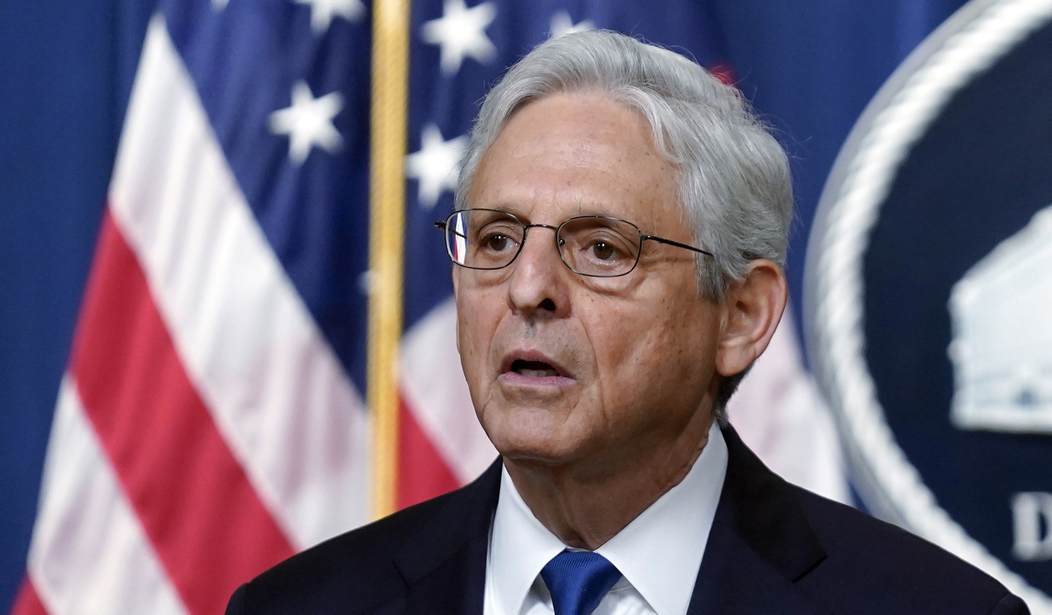America’s unprecedented economic strength and freedom centers on the importance of limited government. However, values slowly crumble, they don’t often die with a bang. Under President Biden, Lina Khan’s Federal Trade Commission (FTC) and Jonathan Kanter’s Anti-Trust Division at the Department of Justice (DOJ) have plunged the government into arenas where it has no place being and are harming Americans in the process. Instead of continuing America’s great tradition of economic leadership, these radical agencies are attempting to follow in the failed European regulatory path. In 2025, America’s competition agencies must refocus activity on ensuring that American companies can compete on the world stage, not implement unnecessary regulations that limit their ability to do so.
The recent House Oversight Committee report on the FTC found, “[u]nder Chair Khan, the Commission appears to be working to ensure U.S. businesses implement burdensome European Union (EU) regulations that are not required under U.S. law.” What has the European Union’s (EU) regulation-heavy economy brought its member states? The answer: an uncompetitive, snail-paced economy. The EU’s own report into its future competitiveness found “[a]cross different metrics, a wide gap in GDP has opened up between the EU and the U.S., driven mainly by a more pronounced slowdown in productivity growth in Europe.”
Instead of heeding these warning signs, the FTC has spent taxpayer dollars to protect and implement EU regulations. In 2023, the FTC and DOJ announced they would send staff to Europe to help implement the Digital Markets Act (DMA), EU legislation that places strict requirements and fines on many of America’s most innovative and successful companies. Now, the FTC and DOJ are attempting to implement these onerous regulations in the U.S.
The FTC’s “click-to-cancel” rule is a prime example of regulatory overreach rife with unintended consequences — ranging from consumer annoyances to something more insidious. Imagine finishing a long day, sitting on the couch, and opening your preferred streaming app, only to be met with a subscription cancellation notification. Irritating, right? Well, under “click-to-cancel,” this scenario might become commonplace. In practice, the rule could make it harder for American companies to allow for automatic subscription renewals. In addition, businesses will no longer be able to offer consumers a better deal when they call to cancel subscriptions — closing an avenue for cost reduction at a time when Americans bear the burden of inflation.
Recommended
Similarly, under the new Hart-Scott-Rodino Act (HSR Act) merger form, needless deal barriers encumber America’s innovative, fast-moving economy. Current rules require companies to file a notification form with a comprehensive amount of information for the FTC and DOJ to check for competition concerns. If the agencies identify an issue, there is a second, more extensive review. About 2% of transactions went through this second process in 2021. Although so few transactions warrant concern, the FTC and DOJ would subject all businesses to this process under the new changes. The FTC even found that the new rule “will add an additional 68 hours to the HSR preparation process, bringing the requisite amount of time up to an average of 105 hours.”
The precedent these moves set is emblematic of a more dangerous trend. The FTC and DOJ were created to focus on consumer welfare. By wading into every matter, these agencies have become political actors that harm the consumers they are bound to protect. The sad truth is that this politicization of the FTC and DOJ isn’t even serving the public. Rather, it’s threatening our global leadership.
These administrative oversteps are particularly outlandish as they blatantly defy recent Supreme Court rulings like West Virginia v. EPA, which limits the ability of agencies to create rules that go beyond congressional intent. What's more, the Court further clipped the wings of bureaucrats to serve as the most important decision makers when it comes to scientific determinations by ending Chevron Deference. And in Jarkesy v. SEC, the Court slashed the power of an agencies own administrative law branch providing direct relief from a system where the agency serves as the rulemaker, rule enforcer and rule adjudicator.
To be clear, apolitical regulatory bodies are vital. They tend to America’s economy in a limited, bipartisan manner.
Unfortunately, the “click-to-cancel” rule and HSR changes are the product of government agencies broadly departing from their mandates and further embracing regulation-heavy approaches employed by countries that are less successful and innovative. These moves will harm Americans now, but they will also have downstream consequences.
America is stronger when its economy is managed for the people and by the people — not by bureaucratic officials overstepping into every issue. America's Courts have resolved this issue even if the FTC and DOJ refuse to acknowledge the new legal reality.
Agencies who continue to exercise power they don't possess are an affront to the rule of law and the values of limited government.
President Trump must hold rogue bureaucrats to account. After all, when limited government principles continue to be degraded, the American experiment sinks closer to failure.

























Join the conversation as a VIP Member